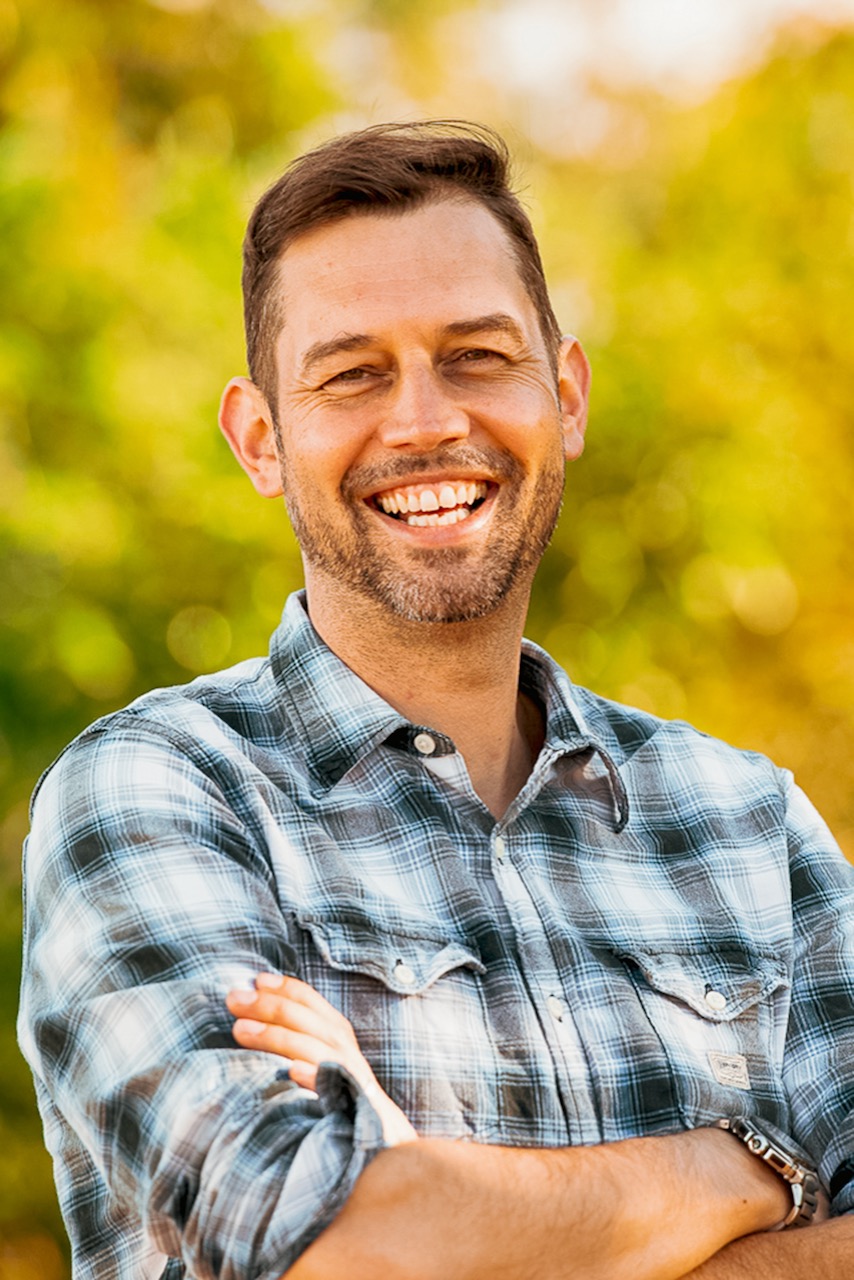
The Emerging Prosperity in China’s Specialty Coffee Industry
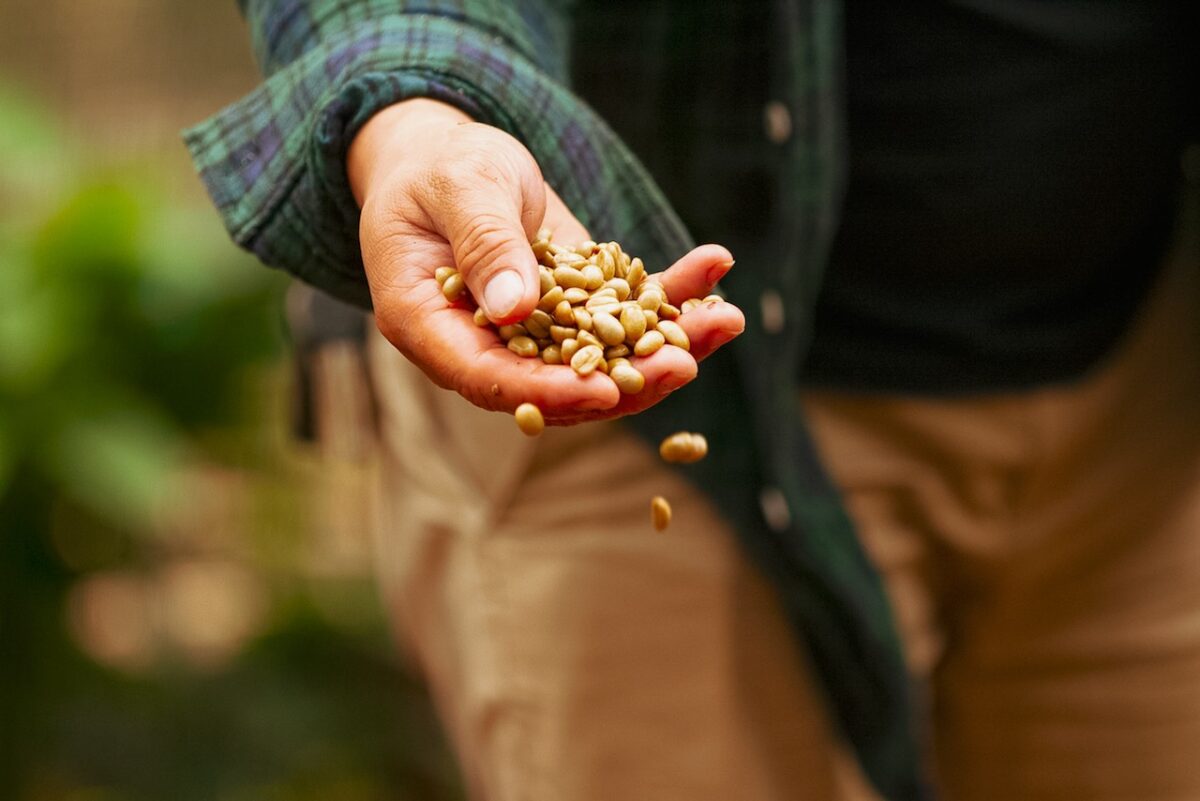
For Yunnan Coffee Traders, specialty coffee consists of three components: quality, repeatability and scalability. These values drive YCT’s production and sourcing of coffee in China’s southwest province of Yunnan, where they sell to domestic and overseas markets.
Joshua Jagelman is a co-founder and managing director of YCT. The company was established in 2014, taking advantage of China’s existing infrastructure for commodity coffee production. “Although I’m a coffee lover and coffee professional, I’m first and foremost a business person – good coffee is a must, but so are good business practices,” he affirms. Through an interview, we delved deeper into the history of YCT, and the future Joshua envisions for China coffee and beyond.
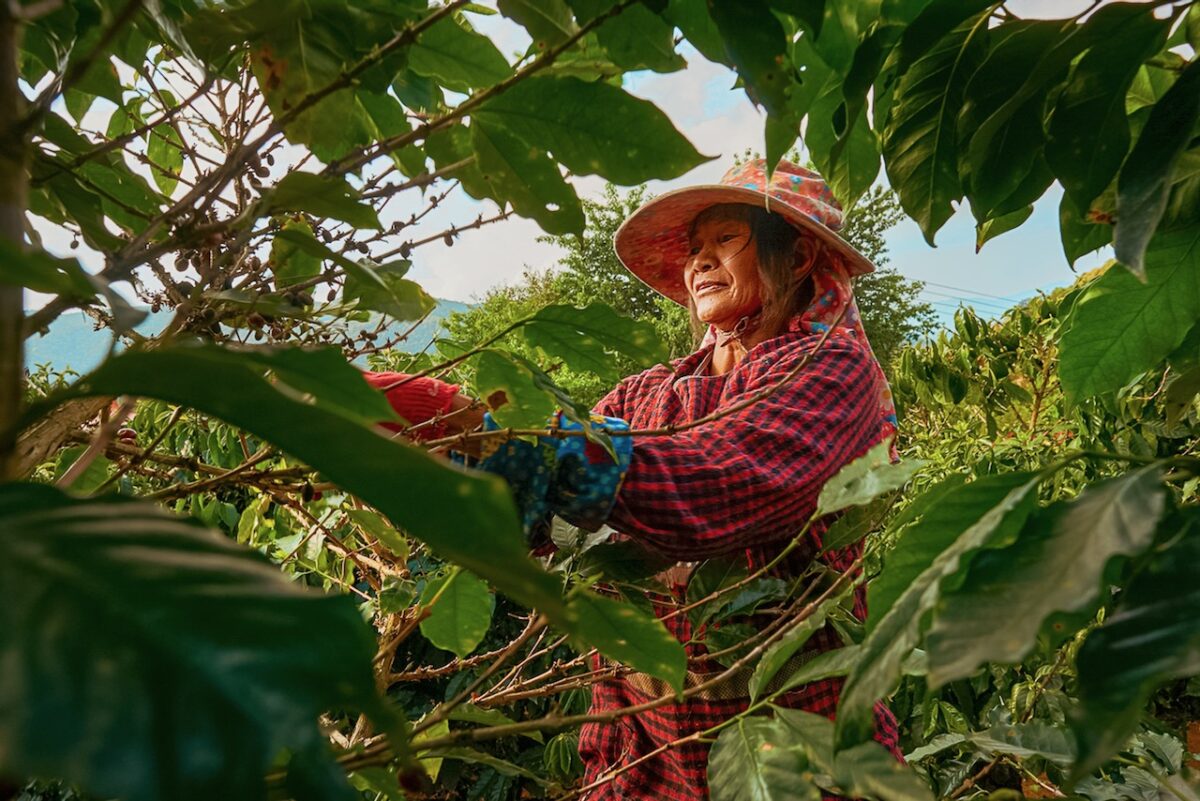
Building smart business models
Globally, there are myriad specialty coffee exporters, each with their own target markets and business strategies. In the case of YCT, its focus is squarely placed on operating a sustainable business, which means adjusting for market expectations, not just current conditions. In addition to trade finance access and supply chain reliability, YCT also sees quality, repeatability and scalability as critical levers for a sustainable business. As we spoke with Joshua, this threefold theme emerged again and again.
In its early days, YCT approached coffee farmers in Yunnan, a region with little specialty production infrastructure, and asked them about their interest in producing specialty coffee. “We started by asking them to follow our protocols,” explains Joshua, “but in return, we guaranteed to buy all coffee produced with these protocols, regardless of how they turned out.” By reducing the risks of a new challenge, the company tried to make specialty coffee production a fair and valuable proposition for local producers.

Suppose partner producers can find the right balance between commodity and specialty production. In that case, it can provide a natural hedge against market fluctuations. From the YCT perspective, split production means access to an increased supply of specialty coffee – a win for both sides. To that end, YCT has provided farmers with new production methods and also access to training in the CQI’s Q-grading and Q-processing programs.
YCT helps farmers through their early years of specialty production until their operations get up and running. The company doesn’t lock farmers into long-term contracts. Instead, YCT encourages each farmer to decide whether they want to find their own sales channels or even whether they want to continue with specialty coffee production.
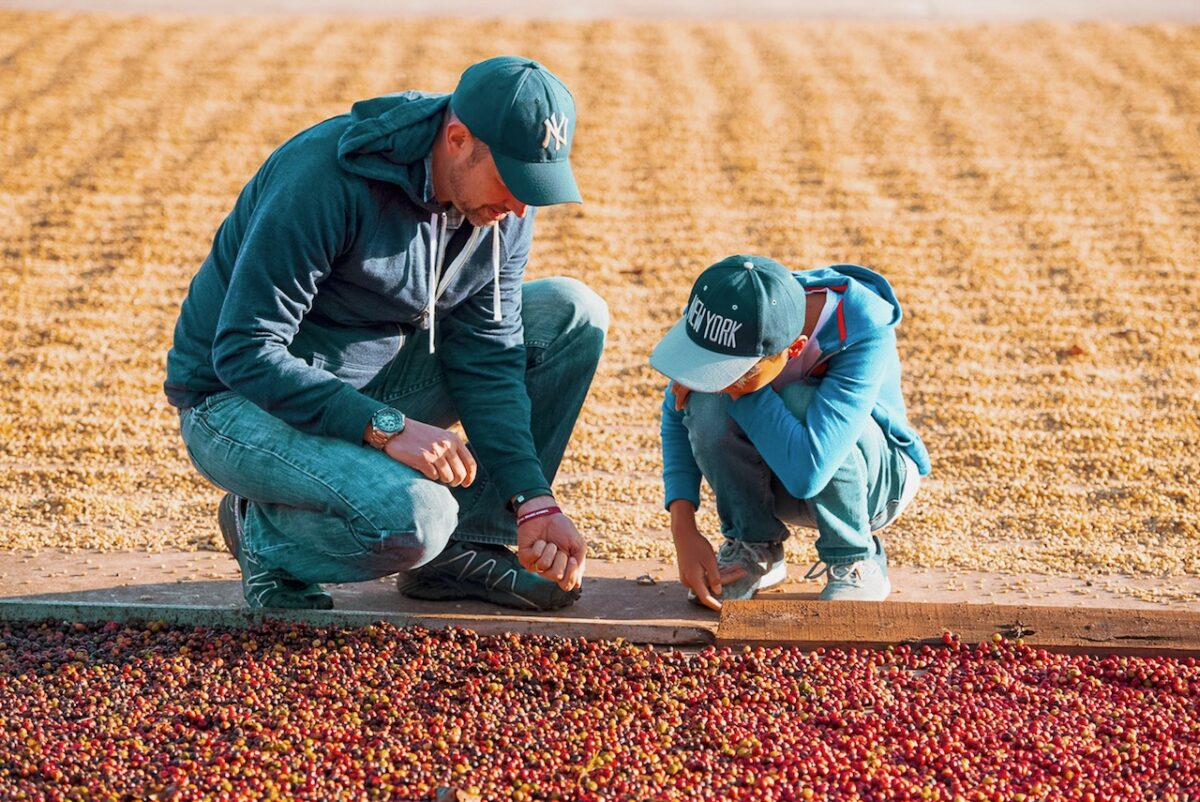
“My strengths lie in business models and financing,” Joshua says. “One of the fundamental values we’ve brought to this region is that good business mechanics are just as important as good coffee. For example, how to structure trade finance and manage cash flows under Yunnan’s harvest cycle. Our role is to help farmers to find the best business model for their context. And that doesn’t always mean producing specialty coffee.
One thing I want to emphasize is that while we love coffee and we are coffee professionals, we don’t compromise on sustainable business models in the pursuit of high-scoring coffee. More than a few farmers have been lured into the promise of high prices for producing exotic coffees with crazy fad-of-the-moment fermentations. But then the market changes or their costs blow out, leaving them with great coffee and even greater losses. In specialty coffee, the retail side of the market is always looking for something unique, something delicious. Who doesn’t want that? But for farmers, this poses a whole new array of risks and costs that must be appropriately considered before committing.
So, if growing 100% commercial coffee is the sustainable way for a farmer, that’s what we recommend. The ratio of specialty and commercial coffee should be a decision of individual farmers. After all, they are not just our business partners, but also our friends.”

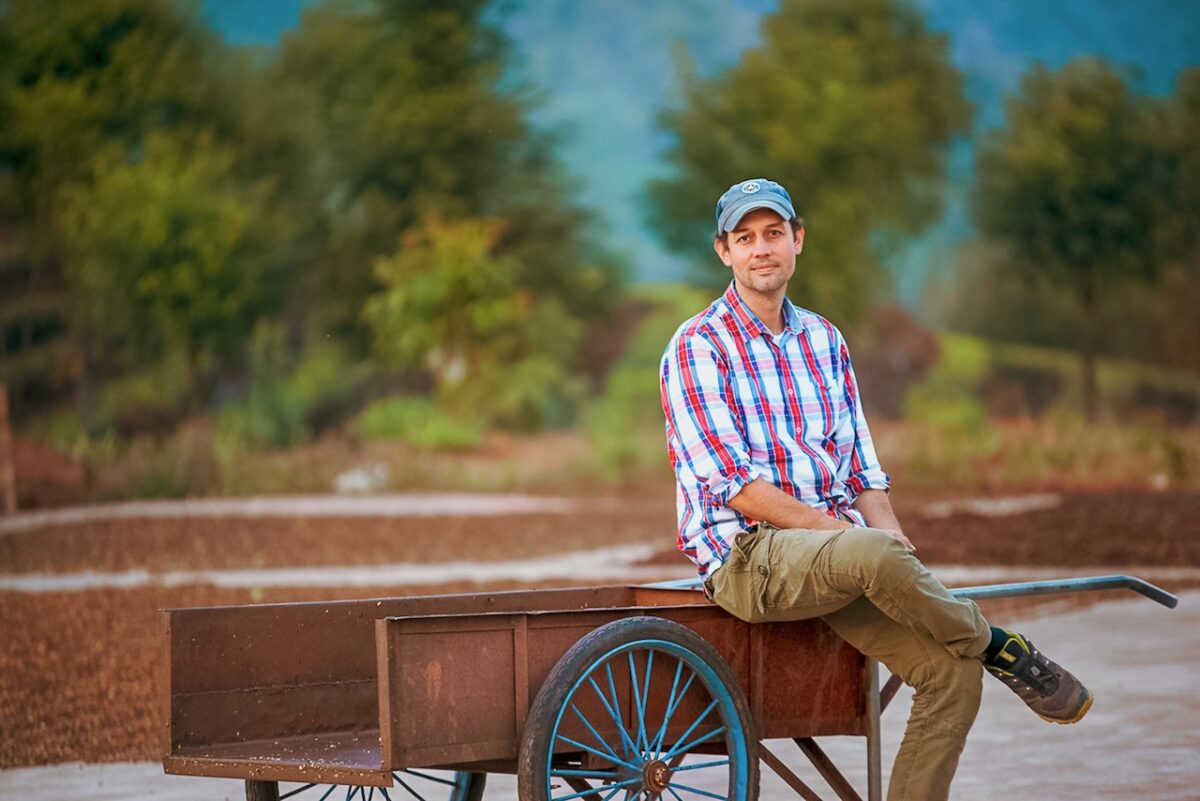
Contextualizing coffee production
For Joshua, who is speaking with us from the northern Thai city of Chiang Rai, life has been a journey to explore the unknown. Having spent his childhood in California, Hawaii and Sydney, he then spent his early career in the Dominican Republic and Guatemala. Joshua’s undergraduate studies were in Primary Education, and his graduate studies in Finance. After a stint as a primary school teacher in Australia, he moved to China in 2001, where he worked as Director of Foreign Staff at a multinational firm.
Joshua relocated to Yunnan Province from Beijing after meeting and marrying Alexandra. She worked for the Xishuangbanna Health Department, an area famous for its immense cultural diversity, with over 50 ethno-linguistically distinct people groups. He set up and operated a community rehabilitation center for children with special needs for around five years.
Interactions with people from different walks of life shifted his focus from merely trying to make money to trying to help society; he now aligns himself with the idea of social enterprise. Over time, a desire sprouted within Joshua to work in the agricultural industry. His emphasis would be on business models, not just technical expertise in production. As he searched for regional business opportunities, he eventually arrived at specialty coffee.
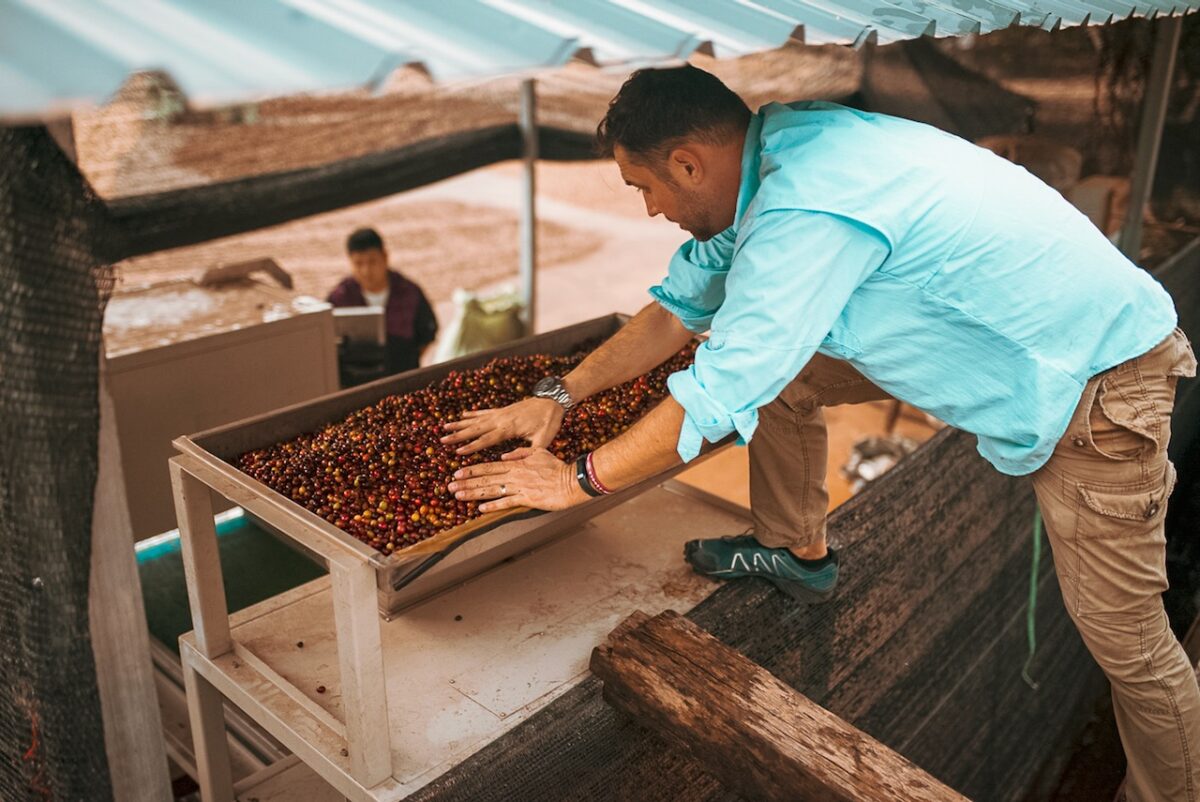
“Back then, pretty much all coffee grown in Yunnan was commodity,” Joshua recounts. “There was infrastructure for coffee production in place, thanks to investments from Nestle and other multinationals that expanded into China decades before. That was certainly an advantage because we didn’t have to build a supply chain – it was already there. The gap we aimed to fill was quality, large volume, exportable coffee.”
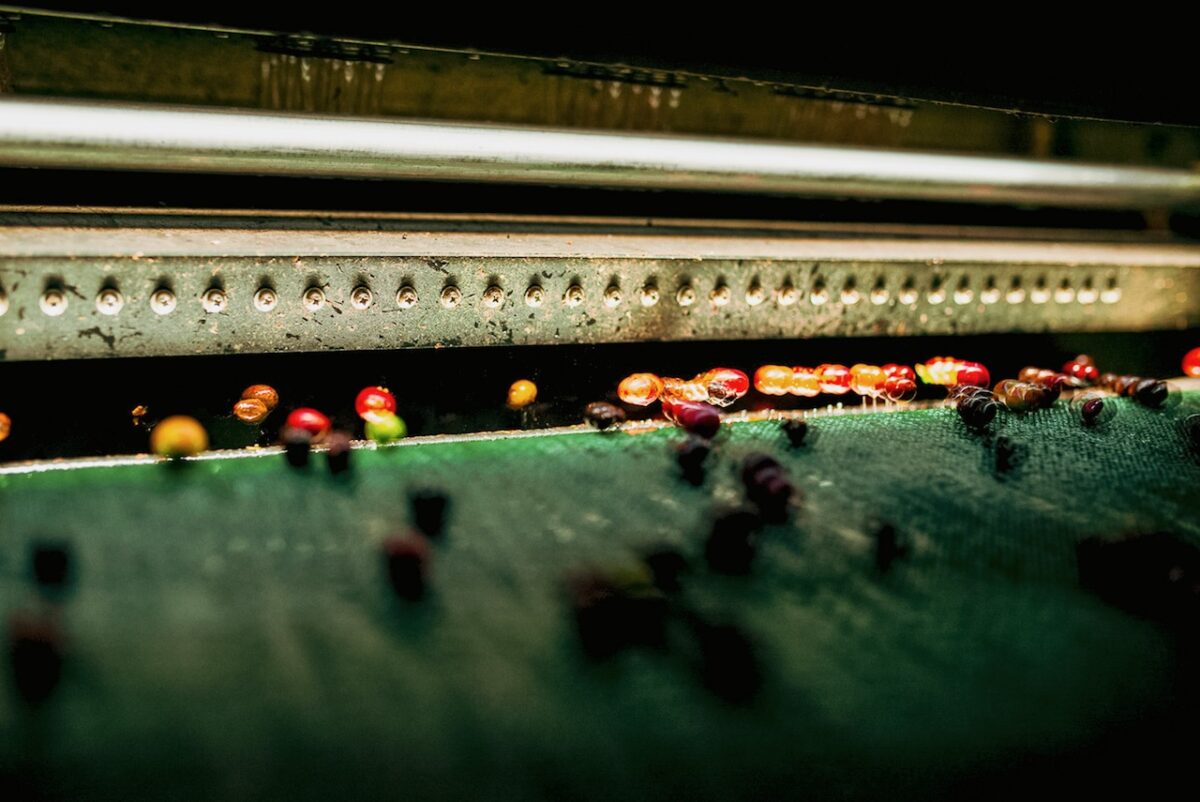
Although going into an already established market had its perks, it also posed a hurdle when it came to encouraging farmers to embrace different farming and production methods. The farmers were already deeply encultured in commodity production. When YCT tried to promote the idea of specialty coffee, some were skeptical as to why they should try something new, especially when they already had buyers to whom they’d sold their commodity crops for many years.
“It makes sense. Many farmers are not necessarily producing coffee because they are in love with coffee. Rather, they are doing it to make a living, feed their families, and invest in their children’s future. In fact, some of our producer friends had never really tasted their coffees, let alone specialty coffee.”
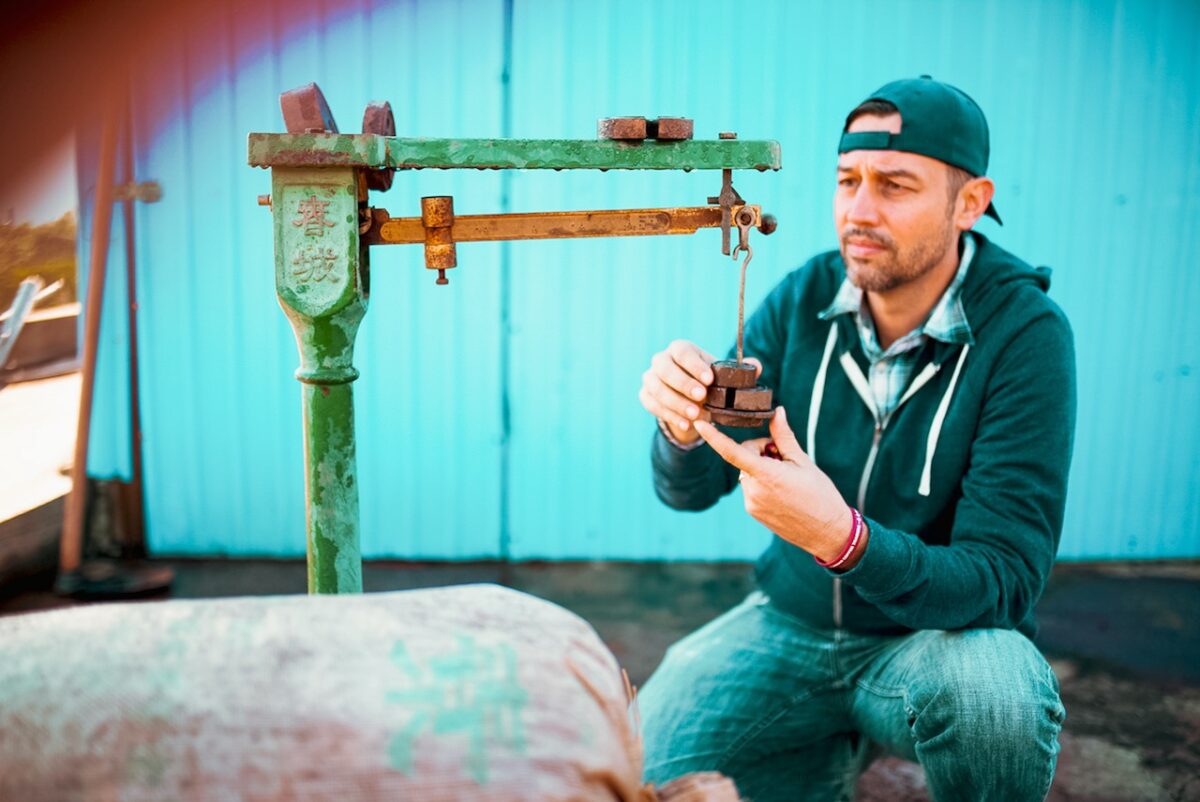
To win over farmers, YCT came up with an incentive: to give them assurances that the company would buy all their contracted coffees, no matter the quality.
In his first year, one farmer produced a coffee that cupped around 81 – just above the specialty threshold but still an excellent outcome for the first attempt at a large-volume (20-ton) lot. Building on this success, this partnership went on to produce over 60 tons of specialty coffee per year in addition to new partners coming on board and the development of YCT’s own farms and wet mills.
“Eventually, this partner decided to prioritize commercial coffee,” says Joshua, “and we welcomed that because it was a good business decision. But in the process, two things became clear to us. Number one, to guarantee excellent quality coffee, we needed control over every quality point throughout production. Number two, we realized that we needed to create a model ourselves and demonstrate it to farmers, instead of just hoping they would follow protocols.”
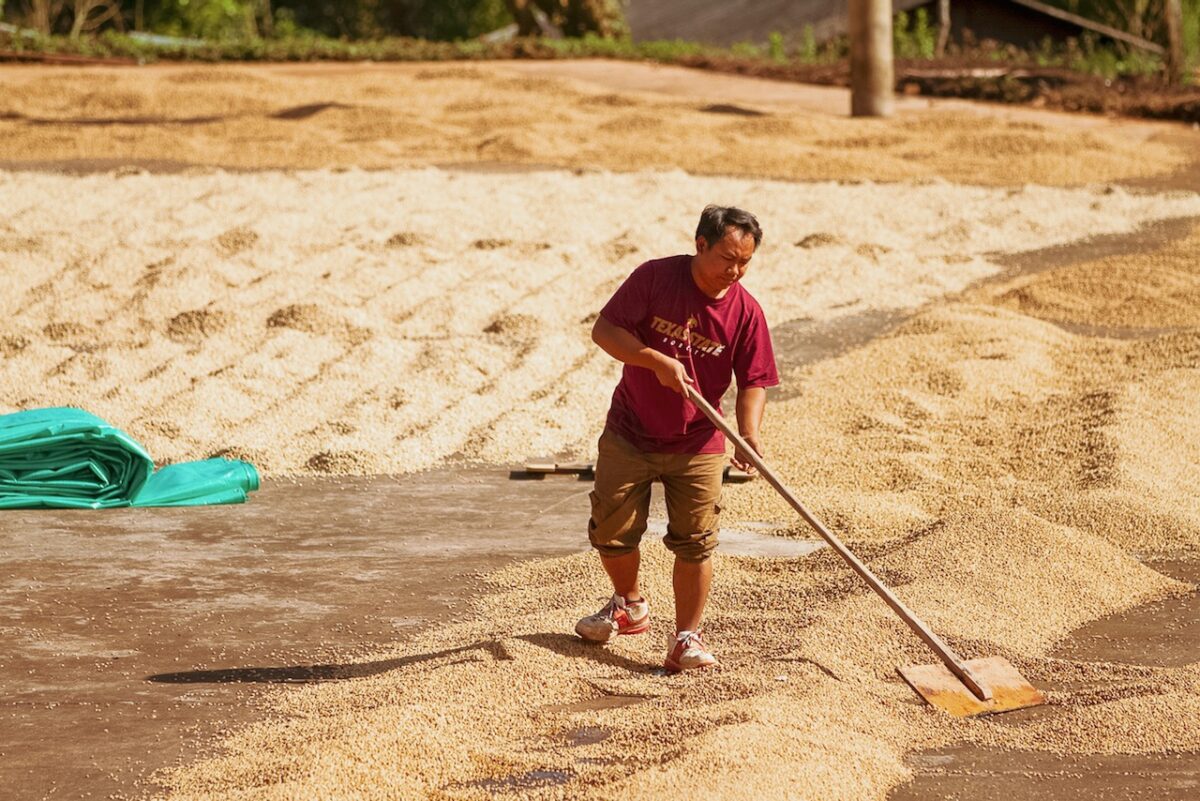
This realization prompted YCT to start its own farms and washing stations. The company gradually ramped up its specialty production to more than 200 tons a year. This volume wasn’t a lot in the grand scheme of things. Still, it was enough for proof-of-concept – Yunnan could produce quality, repeatable, scalable coffee. Also, Yunnan specialty coffee was getting consistently higher prices than commercial coffee. This pricing was sufficient for some farmers to add specialty coffee to their production. Also aiding YCT during this time were low commercial coffee prices. Over time, farmers started to seek out YCT, expressing a willingness to grow specialty coffee.
“My family lives at our Banka washing station in Menglian, around 200 kilometers from the YCT headquarters,” says Joshua. “I think the fact that we are physically present helps us gain farmers’ trust. Instead of visiting them only when we need something from them, we live in the same township and usually see each other daily. We do barbecues, go out drinking together, and see each other’s family often. I think sharing life as friends makes a big difference in doing business together and, more than that, building the Yunnan specialty coffee industry together.”

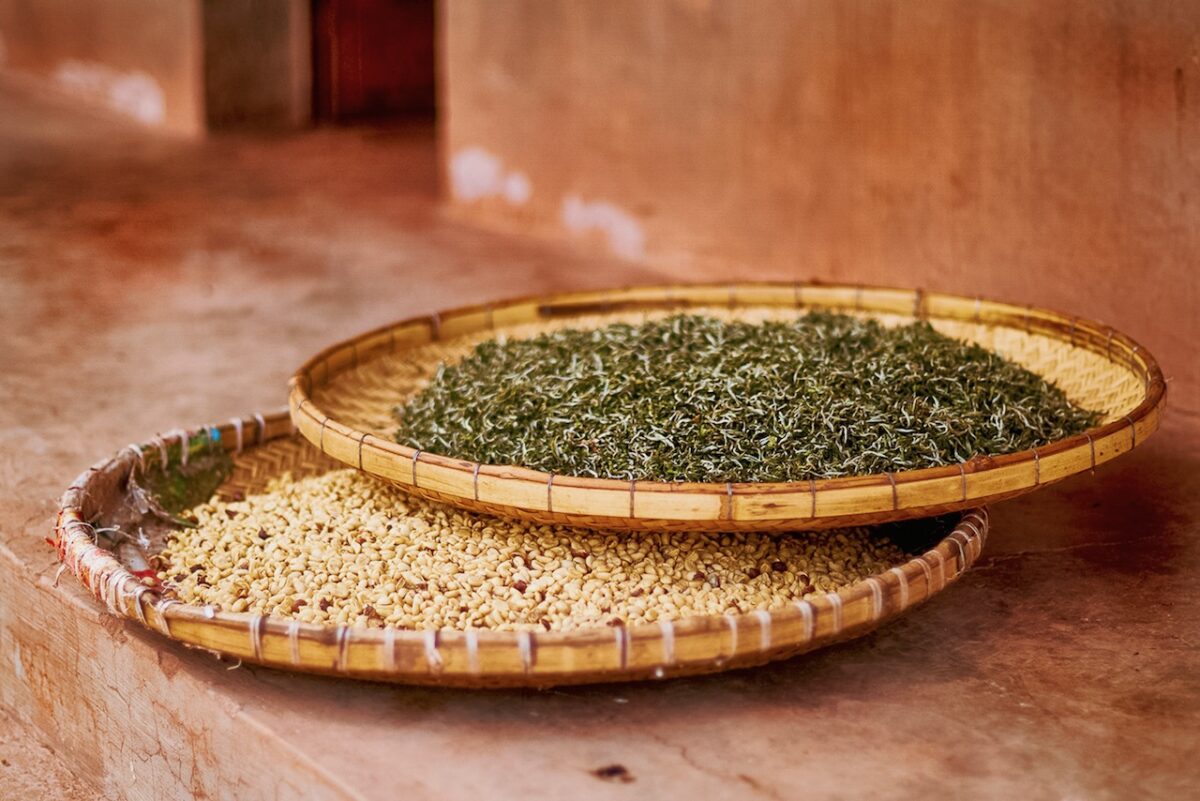
Good relationships support sustainable growth
China’s specialty coffee market has been growing rapidly in recent years. YCT’s sales composition also demonstrates this trend, with the aggregate domestic sales component doubling from 10 to 20% in the past few years. Amid growing public interest in coffee production, just before Covid, many tourists were coming to see farms as part of trekking tours and other travel packages. Participants got to enjoy freshly roasted coffee on the farms, savoring a rare glimpse into a new world of coffee.
Joshua reminds us, “China is historically a tea-drinking nation. People already know how to appreciate quality tea. So it wasn’t that hard to help them understand quality coffee. Chinese people and farmers are taking pride in the fact that some of the best coffee available in China is also grown in China, and that they don’t just have to import from Latin America or Africa to drink good coffee anymore.”
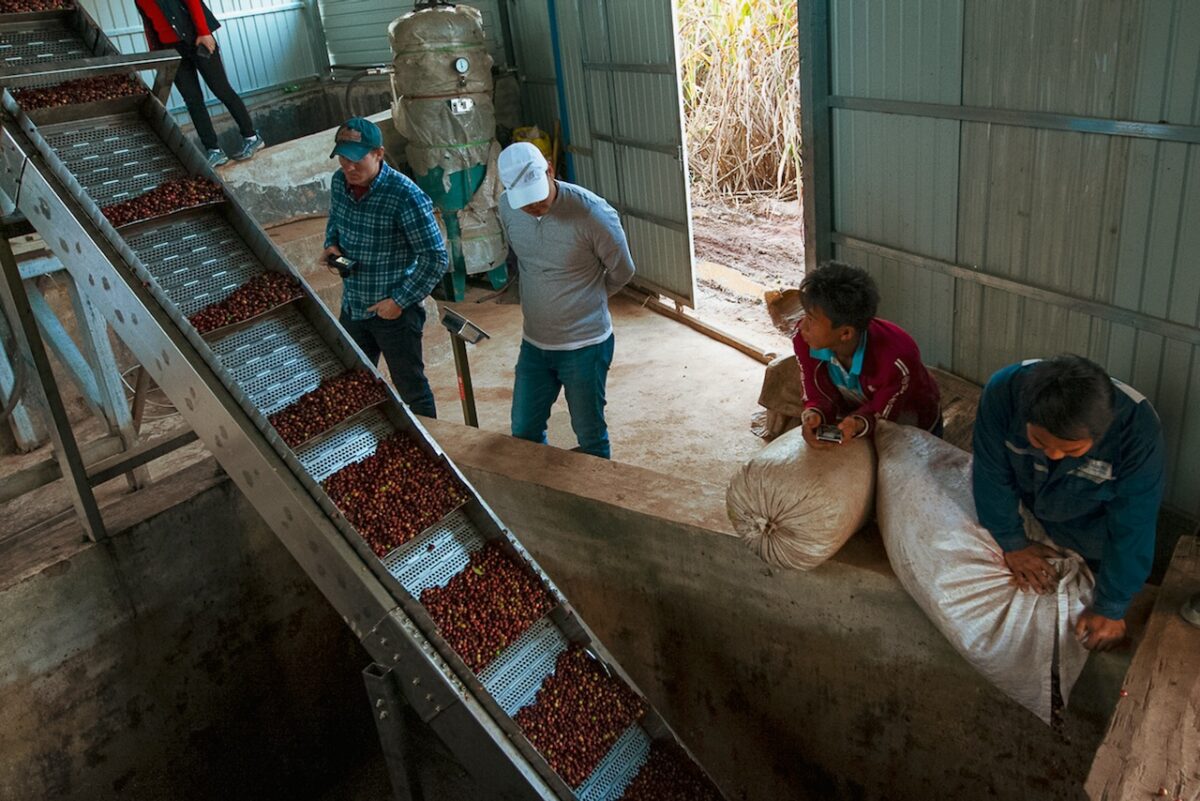
When a market grows, so does the number of competitors. The specialty coffee market is no exception, with more and more intermediaries setting their sights on Yunnan’s high-quality coffee. But Joshua is not too worried. He says, “YCT has cultivated deep relationships with local farmers. More businesses are coming into the industry. This validates what Yunnan coffee has achieved and will hopefully drive innovation and accessibility. In theory, it should help to establish healthier pricing mechanisms too.”

Another notable achievement by YCT is the HuskeeCup (https://huskee.co), a coffee cup featuring coffee husks as a key material. The sustainability-oriented product helps reduce waste by using leftover raw materials from the coffee dry milling process. It even won a Good Design Award in Australia. Now, thousands of retailers worldwide sell Huskee, and hundreds of cafes are shifting from ceramics to Huskee’s swap program.
Now almost 50 years old, Joshua notes the particular inspiration he’s gained from the success of the HuskeeCup. The product started as a small experiment at a dry mill in rural southern China – it evolved into an award-winning product used worldwide.
“People buy the HuskeeCup not just to help the environment but because they like the product. Its design is stunning, and its utility is surprisingly broad. A simple example is its stackability, which ceramic cups can’t do because they need handles to mitigate the heat. HuskeeCup proved that we could take waste material from the coffee industry and create a whole new revenue stream while helping the environment. The support we’ve received from local farmers and the local government has been tremendous. The use cases for husk-based materials are limitless, and the company is now producing products with other planet-first materials such as co-polyesters.
In terms of coffee, I’d like to see other emerging origins in the region, such as Laos, Myanmar and Thailand, experience the same rapid growth and success as the China specialty industry but hopefully with more stable pricing. We’re talking to coffee folks in all these countries, helping those in the value chain to figure out how they can create a sustainable specialty coffee industry. Whatever the answers are for these origins, I know that good business models, deep relationships, and mutual respect will be at the foundation.”
2,3,6,11,12:Image by Bryon Lippincott for Yunnan CoffeeTraders
TOP,THUMBNAIL,4,5,7,8,9:Image by Stuart Corlettt for Yunnan Coffee Traders
1,10,13,14:Image by Joshua Jagelman for Yunnan Coffee Traders
15:Image by @YunnanCoffeeTraders”









